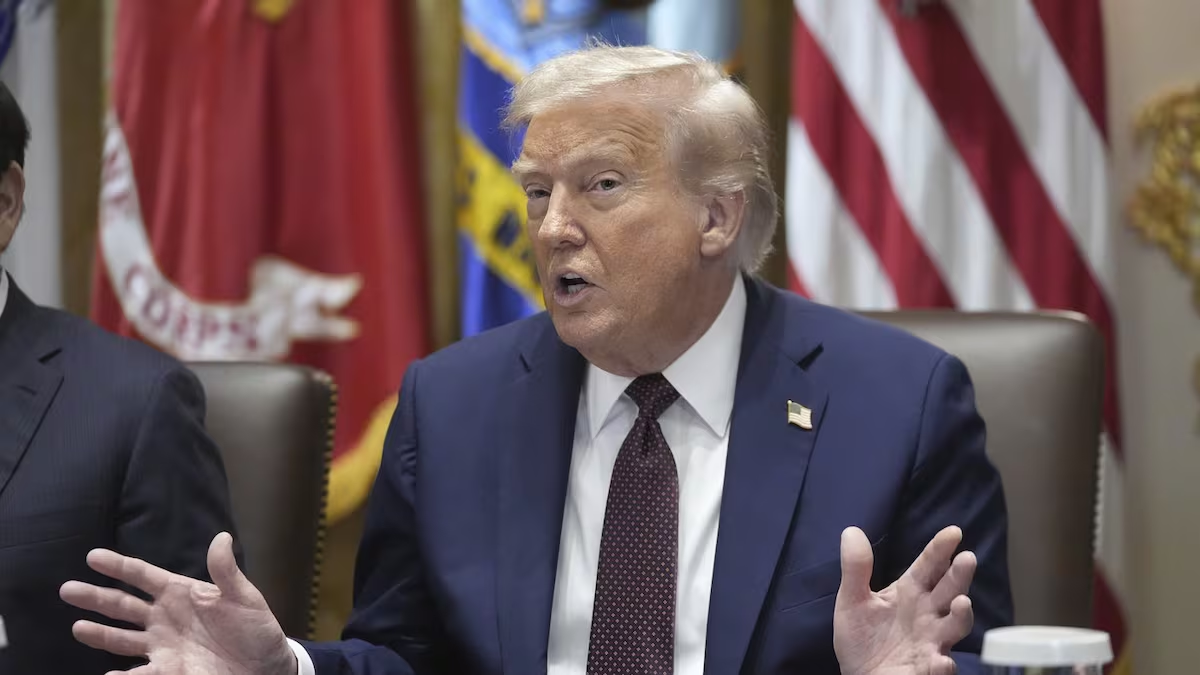A divided U.S. federal appeals court has ruled that most of Donald Trump’s tariffs are unlawful, striking at the heart of one of the president’s most relied-upon economic tools. The decision, delivered by the U.S. Court of Appeals for the Federal Circuit in Washington, D.C., found that the International Emergency Economic Powers Act (IEEPA) does not grant the president authority to impose tariffs — the legal foundation Trump has used for sweeping levies against major U.S. trading partners.
The 7-4 ruling leaves the tariffs in place until October 14, giving the Trump administration a narrow window to appeal to the Supreme Court. If the justices agree to hear the case, it could trigger one of the most consequential legal battles over presidential economic powers in decades.
Trump has positioned tariffs as central to his foreign policy, using them to force concessions from countries like China, Canada, and Mexico. He defended the measures as necessary for combating trade imbalances, preserving U.S. manufacturing, and even curbing the flow of fentanyl across borders. Critics, however, argue the tariffs have fueled global uncertainty and rattled financial markets.
In response to the ruling, Trump denounced the judges as “highly partisan” and warned that lifting the tariffs would be disastrous for the nation. “If these Tariffs ever went away, it would be a total disaster for the Country,” he wrote on Truth Social, while expressing confidence that the Supreme Court would ultimately side with him.
The White House doubled down on its defense, with spokesman Kush Desai insisting Trump acted within powers granted by Congress. “The President’s tariffs remain in effect, and we look forward to ultimate victory on this matter,” he said in a statement.
The court’s majority, however, was unambiguous in its interpretation of the 1977 statute. While IEEPA allows presidents to respond to national emergencies by freezing assets or imposing sanctions, it does not authorize tariffs, duties, or taxes. Legal experts noted that Trump was the first U.S. president to stretch the law this way.
The ruling adds further uncertainty for businesses already unsettled by volatile trade policy. “The last thing corporate America needs is more uncertainty on trade,” said Art Hogan, chief market strategist at B. Riley Wealth. Still, analysts suggested the administration has contingency plans to reassert tariffs under alternative statutes.
The case, initiated by small businesses and Democratic-led states, underscores a broader constitutional challenge: Congress — not the president — holds authority over taxes and tariffs. Unless explicitly delegated, courts are unlikely to uphold sweeping executive claims.
The dispute now seems destined for the Supreme Court, which has a 6-3 conservative majority that has often backed Trump’s agenda but has also shown reluctance to endorse broad presidential powers under decades-old laws.
Meanwhile, Trump faces a separate legal clash over his attempt to remove Federal Reserve Governor Lisa Cook, a move critics say could compromise the central bank’s independence. Together, the cases could set the stage for a defining showdown over Trump’s second-term economic agenda.

